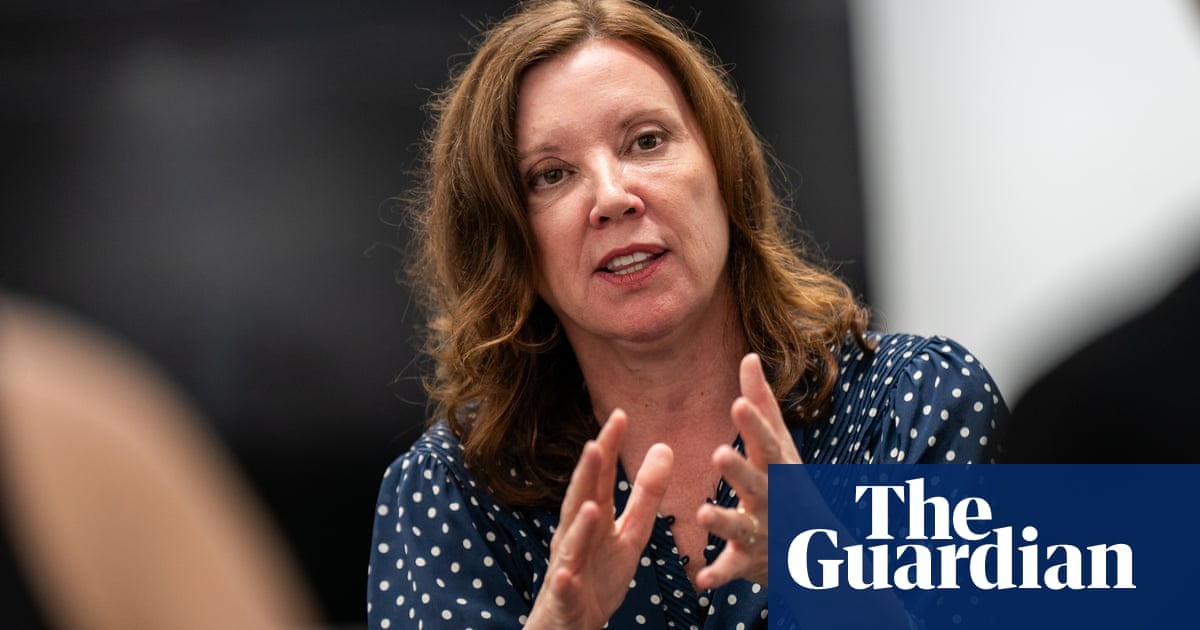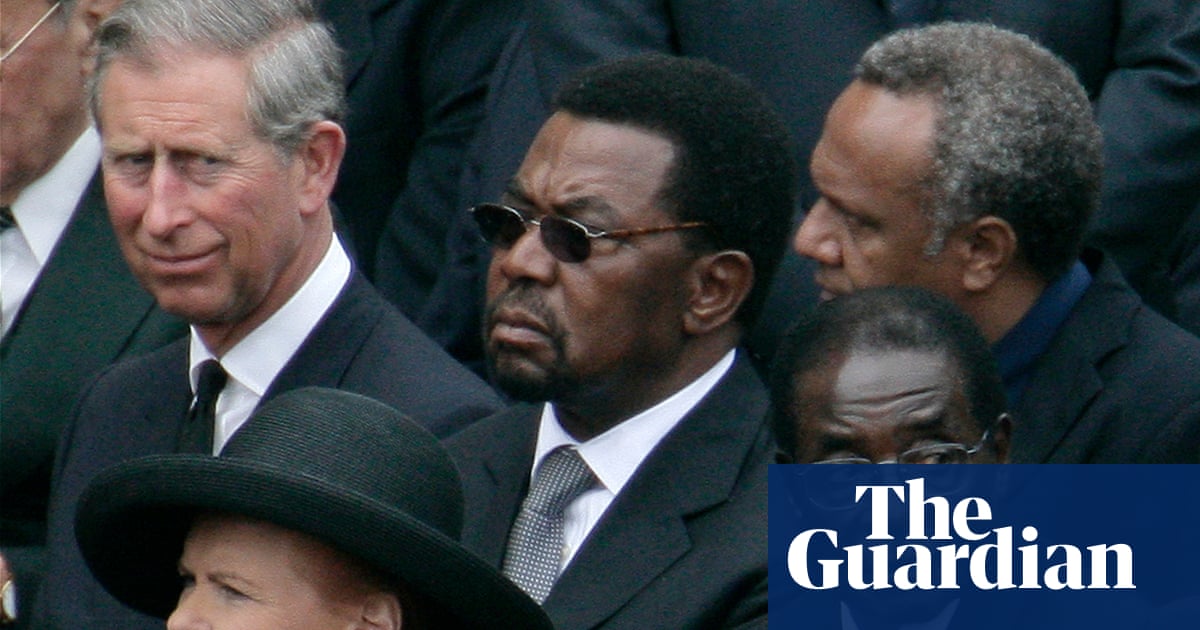It was presumably a coincidence that last month’s highly critical report on NHS finances from the House of Commons public accounts committee (PAC) was published just hours before Amanda Pritchard, NHS England’s chief executive, appeared before the health and social care committee. The report accused leaders at the organisation and the Department of Health and Social Care of lacking “drive” and “ideas”. That same day, immediately after Ms Pritchard’s evidence, the health committee issued a statement. Echoing the PAC, it said Ms Pritchard and her team lacked “drive” and “dynamism”.
NHS England hit back at the PAC, claiming that MPs did not fully understand the financial processes at issue. Wes Streeting was reported to have “full confidence” in Ms Pritchard, making it clear that her job is not on the line. But this two-pronged attack must have stung. While critical reports like the PAC’s are part and parcel of parliamentary scrutiny, it is highly unusual for public servants to be rebuked for their oral evidence.
Even Ms Pritchard’s admirers would not claim that presentation is her strongest suit. The frustration of MPs on the health committee at what they regarded as long-winded answers was obvious to anyone watching. But Ms Pritchard is not a politician, and one reason for a lack of clarity in her answers was that the publication of crucial guidance, including updated targets, had been postponed by ministers.
While MPs, like voters, are understandably impatient for improvement, the expectations of the people with operational responsibility for the health service should be realistic. Given funding constraints, and the fact that NHS England’s structure (with its 42 integrated care boards) is still bedding in, it is unclear what demands for transformation really mean – beyond a wish that things were better than they are. Julian Kelly, Ms Pritchard’s deputy, explained that most of the £10.6bn increase to the organisation’s budget in 2025-26 will be absorbed by salary and national insurance rises, inflation and the £3.5bn allowed for rising costs caused by an ageing population and new treatments.
With a government desperate for progress, and under a high-profile and ambitious health secretary, political pressure on the NHS will rise further. The PAC report raised concerns about productivity targets. On Monday, the Office for National Statistics published data showing a decline in the last quarter of 2024, contradicting NHS England’s claims. These conflicting findings, which are produced by different methodologies, are a concern in themselves.
Sorting out this confusion should be a priority for the new permanent secretary of Mr Streeting’s department, who is due to be appointed shortly, along with a new chair of NHS England. The filling of these two vacant posts means Ms Pritchard is likely to find she has less room to manoeuvre; the high level of autonomy granted to NHS England by the Conservatives is in the process of being reduced.
This is not the only power struggle taking place. Another dynamic sees integrated care boards – with their duties to improve public health in partnership with councils – competing with big hospital trusts for influence and resources. One view of Ms Pritchard’s difficulties is that she is caught in the middle.
Holding public sector bosses accountable is the job of MPs and they are right to take it seriously. But undermining NHS leaders also carries risks. Politicians should be mindful of strengths as well as weaknesses.

.png) 2 months ago
24
2 months ago
24













































